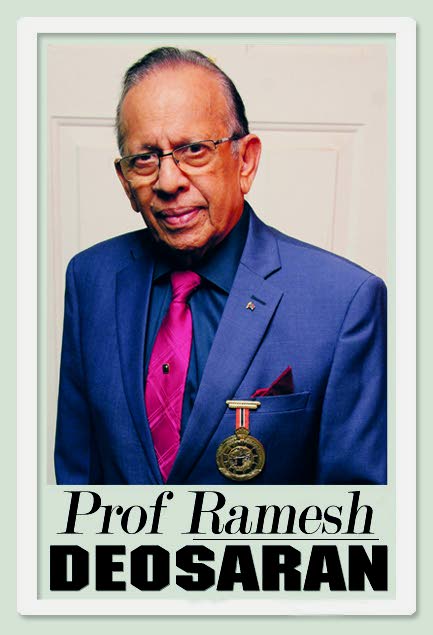How democracy rescues itself

Las Vegas. American media are now duly obsessed with the possible charges against former President Donald Trump and his defence. From this glittering, gambling empire, the Trump-driven news, panellists, talk shows, jury selection, etc, provide lessons in political science. The allegations against Trump mainly concern “classified” documents he carried to his home after losing the presidency and also his role in the January 6, 2021 invasion of the US Congress. He persistently claims he was “cheated” out of the presidency.
My interest in this is to witness how strong American institutions are when the country’s democracy is threatened. The US Congress gets fired up, Department of Justice is ready, the judiciary works swiftly – so swiftly that Trump pleads for a “delayed trial.” I also wish to see how strong our institutions are when our own society’s stability and peace are threatened. I do worry – whether near or far – about my own country.
Yes, former US Republican President Trump has been called many things – megalomaniac, narcissistic and even political provocateur. But he still has the large number of admiring followers to threaten both the Democrats and his own Republican competition. That too is American democracy. Contradictory but quite resilient as described quite early and so instructively by Alexis de Tocqueville in his 1835 book, Democracy in America.
Today, many Chinese and Russian politicians continue to celebrate the January 6, 2021 invasion of the US Congress and also the “failure of American democracy.” America, too, has been called many things – bully, the world’s policeman, Great Satan, too interferring, imperialist, etc. But, quite notably, while its society has been and is still being attacked by crime, corruption and even renegade politicians like 77-year-old Trump, the US social and political system itself hasn’t yet collapsed. It not only survived the Black Lives Matter upheavals but has absorbed the outrage in several positive ways.
Why? Mainly because of the continuing strength and resilience of its governing institutions – US Congress, oversight committees, judiciary, representative government, a decentralised state and local government, political transparency and accountability, strict budget and expenditure controls, etc. And to back up all this and more are the robust free-speech media and very strong social capital. That is, a very active civic spirit that quickly and collectively fights political corruption, business fraud, broken government services. A healthy democracy possesses institutions that are strong enough to rescue itself.
This brief reference to the internal contradictions of a democracy, and especially the necessity for strong institutions, is to help throw light on the state of public affairs in TT. To begin with, the troubling situation with murders and public fear shows little or no sign of relief. And this is mainly so because the institutions – police, cabinet, parliament, customs, immigration, coast guard – all so far appear too weak and ineffective to control, manage and reduce the various types of crime. Structural and remedies and urgently requited.
The police frequent declaration of crime as “opportunity,” that the victims have allowed or facilitated the crime upon themselves, has far outlived its usefulness. Too many – old pensioners, young, men, women, children, have been killed in their bedrooms, in cars, walking, leaving a bank, etc. Many lawful taxpaying citizens are now afraid to go to the beach, to the parks: and anywhere after 6 pm. Oh yes, we can talk and publish a lot of talk about the escalating murder rate. But what about the dismally low detection rate for murders? As this column has repeated, a low detection rate directly or indirectly increases the murder rate. An urgent priority is to strengthen and cleanse the relevant institutions and provide whatever resources are justifiably required.
The next institutional challenge has been repeatedly expressed by PM Dr Keith Rowley. That is, the efficiency and effectiveness of the judiciary. With about 60 judges, as indicated by former AG Faris Al-Rawi, some accountability is required. Some of the old ways must change. All our institutions must be strong, efficient, effective and resilient if our fragile democracy must progress, or rescued when attacked from inside. We can do it if we try.


Comments
"How democracy rescues itself"